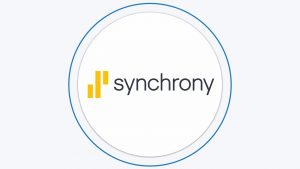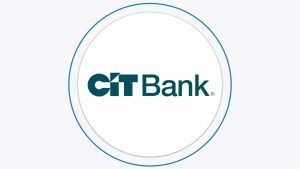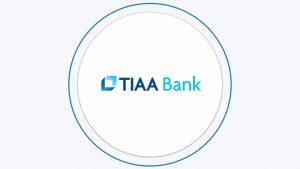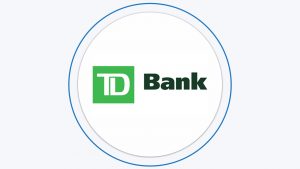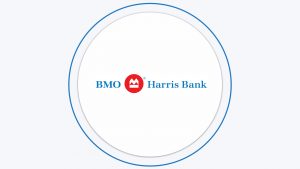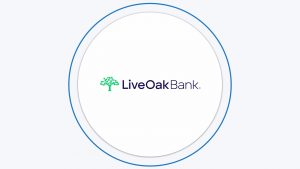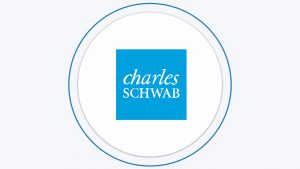Table Of Content
What Is A Zero-Coupon CD?
A zero-coupon CD (certificate of deposit) is a type of investment that pays no interest until its maturity date, at which point it pays the full face value of the CD. In other words, the investor purchases the CD at a discount from its face value and receives the face value at maturity.
Zero-coupon CDs are also known as discount CDs because they are sold at a discount from their face value. They are generally considered low-risk investments because the investor knows exactly how much they will receive at maturity. However, they also have the potential to provide lower returns than other types of investments because they do not pay interest.

How Does It Work?
Zero-coupon CDs are typically issued by banks or other financial institutions and are similar to traditional certificates of deposit in terms of their structure and terms. However, unlike traditional CDs, zero-coupon CDs do not pay any interest during their term.
When you purchase a zero-coupon CD, you pay a discounted price for the CD, which is less than its face value. The amount of the discount depends on the length of the CD term, the face value, and prevailing interest rates. The bank or financial institution will hold your investment for the term of the CD, and at maturity, the CD will pay out its face value.
For example, let's say an investor purchases a zero-coupon CD with a face value of $10,000 for $9,000. The CD has a maturity date of 5 years, at which point the investor will receive $10,000. The investor does not receive any interest payments during the 5-year term of the CD.
Since zero-coupon CDs do not pay interest until maturity, they are typically used as long-term investments. Investors who want to guarantee a future payout without taking on much risk may consider investing in zero-coupon CDs. However, it's important to note that similar to other types of CDs, the interest earned on a zero-coupon CD is taxable, even though the investor does not receive the interest payments until maturity.
Top Offers From Our Partners
![]()
Zero-Coupon CD: Example
For example, suppose you purchase a zero-coupon CD with a face value of $10,000 and a maturity term of 5 years.
If prevailing interest rates are 4%, the bank may sell the CD to you for $8,704. At the end of the 5-year term, the bank will pay you the face value of $10,000. The difference between the purchase price and the face value ($10,000 – $8,704 = $1,296) represents the interest you earned on the CD.
Pros And Cons Of Zero-Coupon CDs
Let's review some of the potential benefits and drawbacks of investing in zero-coupon CDs:
Pros | Cons |
|---|---|
Guaranteed Returns | Not Liquid |
Fixed-Term Investment |
Inflation Risk |
Tax Advantages | Complex |
Low Risk | No Interest Payments Until Maturity |
- Guaranteed Returns
Zero-coupon CDs provide a guaranteed return at maturity, which makes them a low-risk investment option for investors who prioritize capital preservation.
- Fixed-Term Investment
Zero-coupon CDs have a fixed maturity date, which makes them a good option for investors who want to invest for a specific period and have a predictable future payout.
- Tax Advantages
Because zero-coupon CDs do not pay periodic interest, investors may be able to defer taxes until the CD matures. This can be beneficial for investors in higher tax brackets.
- Low Risk
Zero-coupon CDs are considered to be a safe investment because they are backed by the full faith and credit of the issuing bank.
- Not Liquid
Once the investor purchases a zero-coupon CD, they cannot withdraw their investment before the maturity date without incurring a penalty.
- Inflation Risk
Zero-coupon CDs are vulnerable to inflation risk since they pay a fixed amount at maturity, which may not keep pace with inflation.
- Complex
Zero-coupon CDs can be complex, so it is important to understand how they work before you invest. Also, only a few banks offer this tool.
- No Interest Payments Until Maturity
This means that you will not earn any interest on your investment until the CD matures.
Alternatives To Zero-Coupon CD
There are several alternative investments that offer similar benefits to zero-coupon CDs. Here are some options to consider:
Traditional CDs: Traditional CDs offer a fixed interest rate and pay interest periodically during the term, such as 1-year or 6-month. They typically offer higher returns than other fixed-income investments but are a good option for investors who want to lock in a guaranteed rate for a fixed term.
High-yield savings accounts: High-yield savings accounts offer higher interest rates than traditional savings accounts and are a good option for investors who want to earn a return on their savings without taking on much risk.
Government bonds: Treasury bonds issued by the government provide a guaranteed return and are considered low-risk investments. They typically offer higher returns than CDs and are a good option for investors who want to invest in fixed-income securities.
Corporate bonds: Corporate bonds are debt securities issued by corporations and typically offer higher returns than government bonds or CDs. They are considered riskier than government bonds and CDs, but offer a higher return to compensate for the additional risk.
Dividend-paying stocks: Dividend-paying stocks offer investors the potential for capital appreciation and regular dividend payments. They are considered riskier than fixed-income securities but offer the potential for higher returns.
Top Savings Accounts From Our Partners
Quontic High Yield Savings
- 4.50% APY on savings
- Interest is compounded daily
- No Monthly Service Fees
CIT Savings Connect
- Up to 5.00% APY on savings
- No monthly service fees.
- Zelle, Samsung & Apple Pay
Advertiser Disclosure
The product offers that appear on this site are from companies from which this website receives compensation.
Top Offers From Our Partners
![]()
![]()
FAQs
What is the tax treatment of a zero-coupon CD?
The interest earned on a zero-coupon CD is taxable, even though the investor does not receive the interest payments until maturity.
Can I hold a zero-coupon CD in an IRA or other retirement account?
Yes, you can hold a zero-coupon CD in an IRA or other retirement account.
What is the typical maturity term for a zero-coupon CD?
The typical maturity term for a zero-coupon CD ranges from one to ten years.
What is the difference between a zero-coupon CD and a traditional CD?
The main difference between a zero-coupon CD and a traditional CD is that a zero-coupon CD does not pay any interest during its term, while a traditional CD pays interest periodically.

